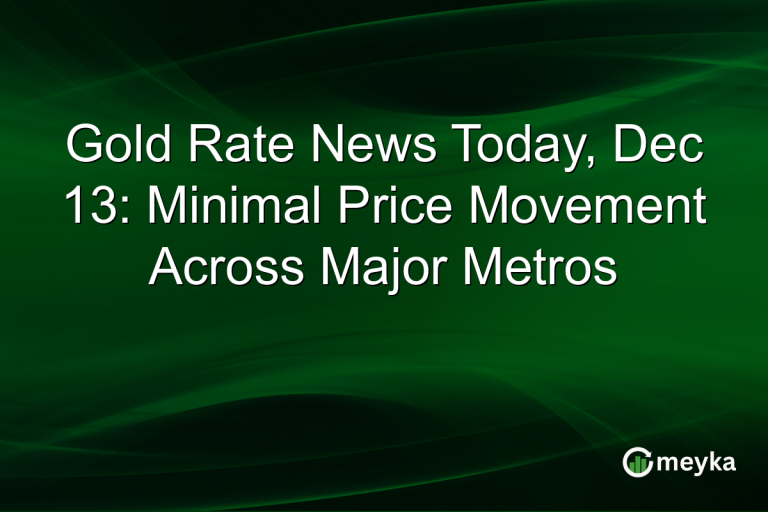NEA News Today: Auditor-General’s Report Highlights Overpayment in TuasOne
In a recent Auditor-General report, Singapore’s National Environment Agency (NEA) faced scrutiny over a S$0.53 million overpayment linked to the TuasOne waste-to-energy plant. This incident highlights lapses in updating the project’s financial model, leading to financial discrepancies. The NEA has since initiated measures to recover these funds and bolster oversight processes. This development prompts questions about the checks and balances in place and what it means for future governmental project management.
Understanding the Auditor-General Report’s Findings
The Auditor-General’s report revealed the NEA’s financial oversight gaps with the TuasOne waste-to-energy plant. The overpayment of S$0.53 million was due to inadequate updates to the project’s financial model, leading to a mismatch in the expected and actual payments. This waste-to-energy plant, a critical part of Singapore’s sustainability infrastructure, was expected to deliver efficient energy production by converting waste. Such discrepancies highlight the importance of rigorous financial governance in public projects. Ensuring accurate financial models and regular audits can prevent such costly errors. Further details of the report can be referenced inChannel News Asia. These findings underscore the need for transparency and systematic checks, which are vital for sustaining trust in public bodies.
Actions Taken by NEA Post-Report
Following the report, the NEA swiftly took steps to rectify the oversight. The recovery process for the S$0.53 million has commenced, and enhancements to financial controls have been a primary focus. The NEA is reinforcing its financial governance framework to avoid similar issues in future projects. Strengthening internal processes includes regular updates to financial models and comprehensive training for personnel involved in financial operations. These initiatives aim to uphold the integrity of NEA’s project management and financial practices. For investors and stakeholders, this demonstrates a proactive approach to public sector governance, reassuring them of continued accountability.
The Role of Waste-to-Energy Plants in Singapore
TuasOne is a significant component of Singapore’s waste management strategy. By transforming waste into energy, it supports sustainable development while reducing reliance on conventional power sources. Such infrastructure projects are crucial for environmentally conscious urban growth. However, financial oversight remains critical to ensure that public funds effectively support these ambitious goals. The NEA’s experience with TuasOne serves as a learning opportunity for optimizing project management in similar future initiatives. As such plants gain prominence, maintaining stringent oversight will be essential to achieve both financial and environmental goals efficiently.
Final Thoughts
The report on NEA overpayment at the TuasOne plant serves as a reminder of the importance of rigorous financial management in public infrastructure projects. By addressing and correcting these lapses, the NEA demonstrates its commitment to accountability and transparency. This incident highlights the ongoing need for robust oversight mechanisms to prevent future discrepancies. Looking ahead, continued focus on refining financial processes will benefit not just the NEA, but all public organizations tasked with stewarding taxpayer money. Such diligence is crucial for maintaining public trust and ensuring that ambitious projects like TuasOne can deliver on their promises without financial missteps. For those interested in deeper financial insights and analytics, exploring tools like Meyka can offer real-time updates and predictive analytics for informed decision-making in complex projects.
FAQs
The NEA’s overpayment of S$0.53 million was due to lapses in updating the project’s financial model, which led to discrepancies between expected and actual payments.
The NEA has begun recovering the overpaid amount and is strengthening its financial controls, including improved updates to financial models and comprehensive staff training.
The TuasOne plant is crucial for Singapore’s sustainability goals, converting waste into energy to reduce reliance on conventional power and enhance environmental protection.
Disclaimer:
This is for information only, not financial advice. Always do your research.






